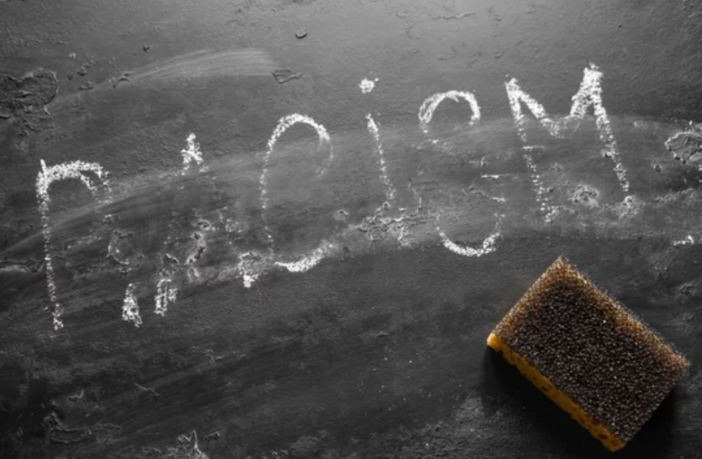Florida Republicans introduced the bill SB780 — “Defamation, False Light, and Unauthorized Publication of Name or Likeness,” that threatens to stifle free speech by making it defamation to accuse someone of racism, sexism, homophobia, or transphobia.
This proposed measure, if enacted, would have far-reaching consequences for individuals and journalists alike, setting a dangerous precedent that could impact the landscape of free expression.
The bill seeks to redefine defamation in a way that hinders the ability to address and combat discrimination. This move essentially lowers the bar for filing defamation suits, making it easier for individuals to sue others for speaking out against discriminatory actions.
One of the critical elements in a defamation case is proving “actual malice.” However, this bill aims to make that requirement more accessible, creating conditions that automatically infer actual malice in the aftermath of an accusation of discrimination. This threatens individuals who wish to speak out against injustice and raises concerns about the broader implications of free speech.
In cases involving homophobia or transphobia, the bill restricts defendants from using the plaintiff’s religious or scientific beliefs as a defense. Those found liable for defamation could face fines starting at $35,000. This punitive approach only serves to deter individuals from challenging discriminatory behavior, fearing potential financial repercussions.
Moreover, the bill extends its reach to statements made in various mediums, including print, television, and social media. It explicitly notes that individuals caught in viral videos engaging in allegedly discriminatory behaviors do not qualify as “public figures,” potentially opening the floodgates for a wave of lawsuits.
Perhaps most alarming is the impact on journalism. The bill strips away certain journalistic privileges, particularly the right to keep sources anonymous. Under this legislation, statements from anonymous sources are considered “presumptively false,” leaving journalists reporting on discrimination vulnerable to legal action. This not only compromises the integrity of investigative journalism but also raises concerns about transparency and accountability.
It’s crucial to recognize that such measures could extend beyond state lines. The fight over Critical Race Theory, the banning of Black literature and history in schools, and the ongoing attacks on Black voting rights are some challenges that resonate not only in Florida but also in Texas.
The proposed Florida bill is a stark reminder that our freedoms are not guaranteed and can be eroded without vigilant protection. We need to stay informed and engaged, especially in the face of legislation that could restrict our ability to address and confront systemic issues.



